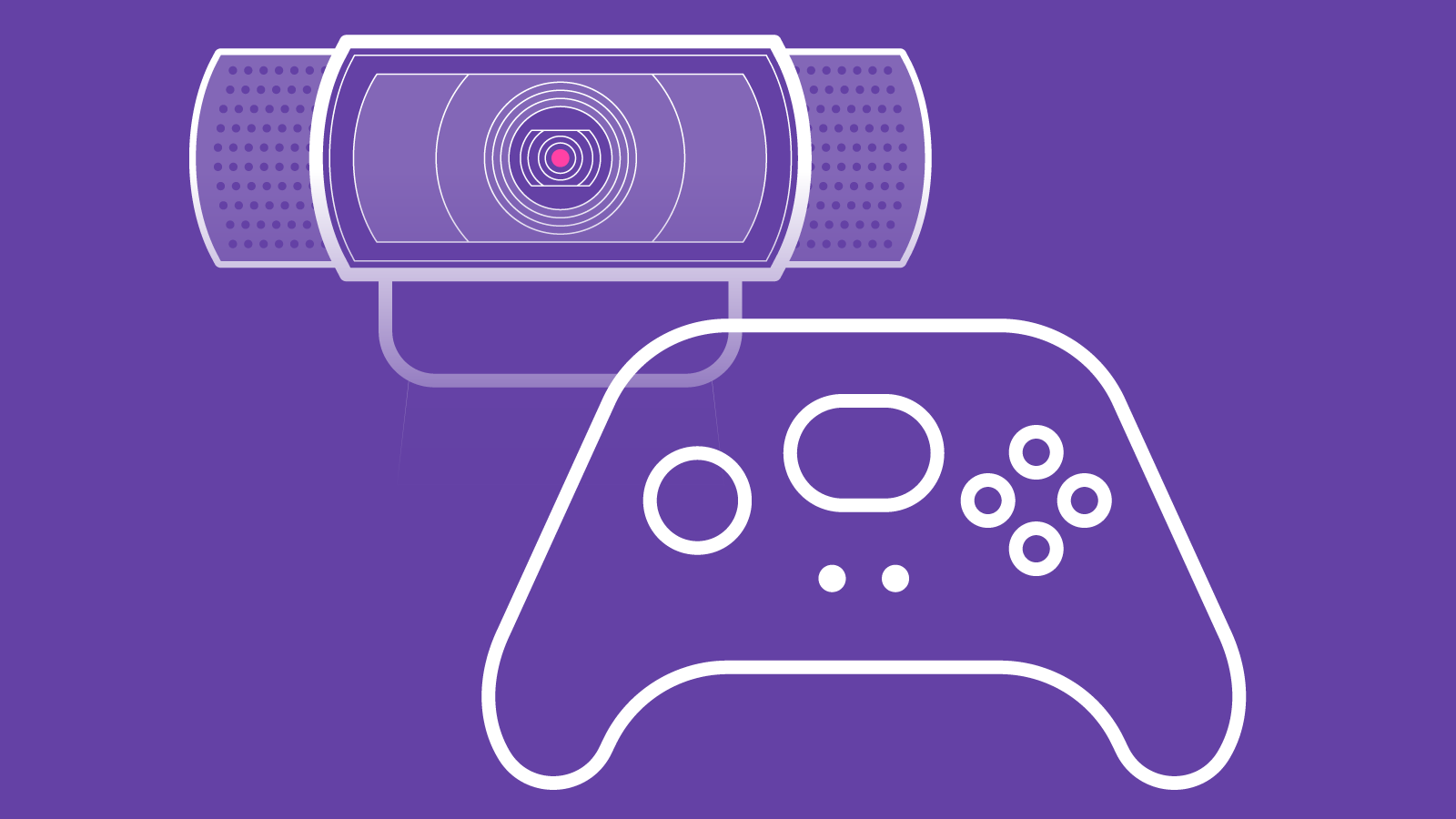A hot potato: Should game streamers pay the developers and publishers of titles they stream? That’s the controversial suggestion put forward by Alex Hutchinson, creative director of Stadia Games and Entertainment's Montreal studio—formerly known as Typhoon Studios. He’s certainly stirred up strong emotions with his tweet, and Google wants it known that the company doesn’t share his feelings.

Hutchinson was writing about Twitch’s recent deletion of thousands of videos and clips from streamers' archives as it clamps down on the use of copyrighted music in videos.
"Streamers worried about getting their content pulled because they used music they didn't pay for should be more worried by the fact that they're streaming games they didn't pay for as well," he tweeted. "It's all gone as soon as publishers decide to enforce it.”
"The real truth is the streamers should be paying the developers and publishers of the games they stream. They should be buying a license like any real business and paying for the content they use."
The real truth is the streamers should be paying the developers and publishers of the games they stream. They should be buying a license like any real business and paying for the content they use.
— Alex Hutchinson (@BangBangClick) October 22, 2020
It’s not a simple issue. Video game content is protected by copyright, though in theory, streaming is allowed thanks to fair use protections, but some say what streamers do goes beyond fair use.
Many developers have a symbiotic relationship with streamers as they can bring massive publicity to games that may have been buried among the deluge of titles around today. Streamers, meanwhile, make money from doing something they love. On the flip side, as noted by PC Gamer, streaming linear titles can negatively impact a game’s success.
"Let's Play culture is vibrant and creative and really cool," wrote That Dragon, Cancer developer Ryan Gree in 2016. "Despite infringing on developers' copyrights, [Let's Play videos] can especially benefit those who make competitive or sandbox games. However, for a short, relatively linear experience like ours, for millions of viewers, Let's Play recordings of our content satisfy their interest and they never go on to interact with the game in the personal way that we intended for it to be experienced."
Despite the mountain of criticism, Hutchinson stuck to his guns. “Amazing to me that people are upset at someone saying that the creators of content should be allowed to make some of the money from other people using their content for profit,” he later tweeted.
Amazing to me that people are upset at someone saying that the creators of content should be allowed to make some of the money from other people using their content for profit.
— Alex Hutchinson (@BangBangClick) October 22, 2020
With Hutchinson being a Stadia creative director, Google has waded into the argument, stressing that "The recent tweets by Alex Hutchinson [...] do not reflect those of Stadia, YouTube or Google."
Do you think streamers should pay game devs, or does the current status quo work well for everybody?
https://www.techspot.com/news/87262-stadia-creative-director-streamers-pay-game-devs-google.html

